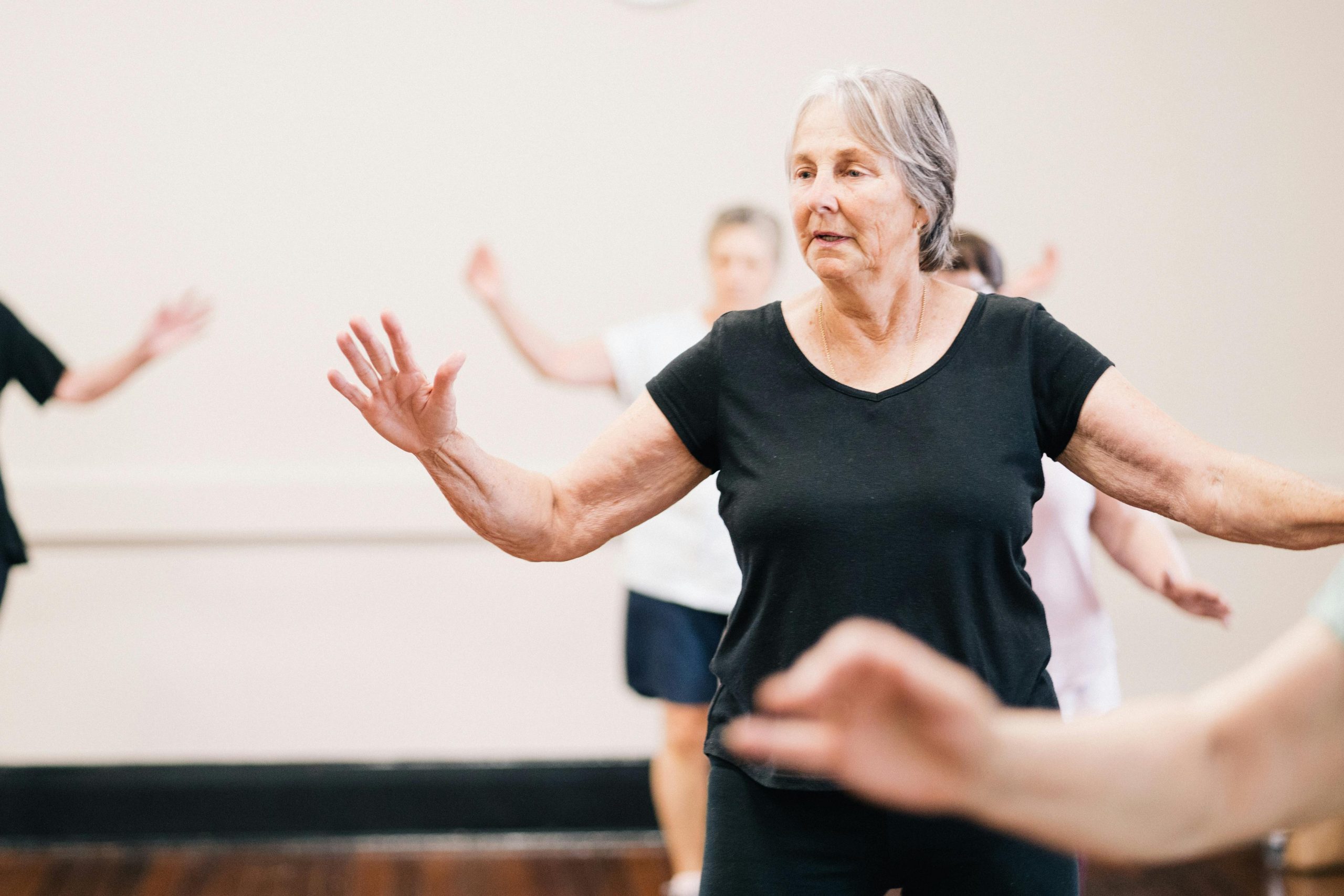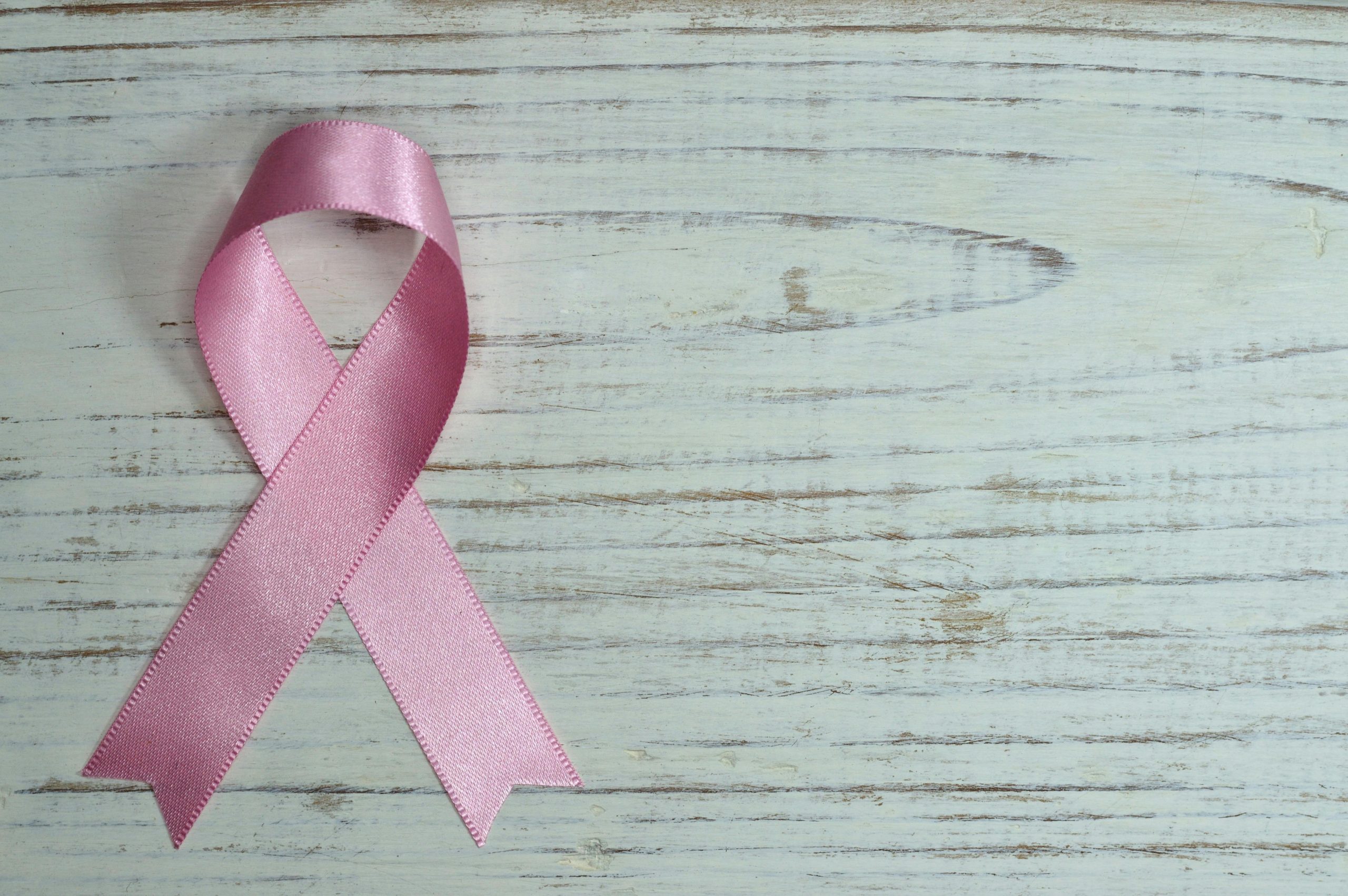This article was published on Fri 22 Apr 2022. At the time of publishing, this article was true and accurate, however, over time this may have changed. Some links may no longer work. If you have any concerns about this please contact us
9-15 May 2022
Every year, people around the country use Dying Matters Awareness Week as a moment to encourage all communities to get talking in whatever way, shape or form works for them. The awareness week is organised by Hospice UK, who’s mission is to help people to talk about dying and grief, and plan for the end of life. Learn more about Dying Matters Awareness Week.
It’s important that we all know what it means for us and our loved ones to be in a good place to die – physically, emotionally, financially, spiritually, and crucially, with the right care and support.
Talking about death, dying and bereavement is hard. It can feel awkward or uncomfortable and sometimes, you just don’t know what to say.
When we talk about dying and grief, we remove the taboo and stigma that have for too long surrounded these topics. Talking about death helps us make the most of the time that we have.
Starting a conversation about death, particularly with those close to you, is never easy as you don’t want to upset people. It’s important to choose the right place and time. For more details of starting a conversation about death click here.
Things to do before you die
None of us want to think about getting ill and dying. But having a plan makes it easier for you and your loved ones when you are dying. Thinking about things in advance, can make our last days easier for us and the time after our death easier for our families and friends. Here are some of the things to think about:
Make or update your Will – if you don’t already have one, write a Will, if you have already got one, then make sure it’s up to date. Without a Will, the Government decides how your estate should be distributed, with no regard for your wishes. A Will ensures your Estate goes to the people you want it to. For more details on writing a Will click here.
Plan your funeral – funerals are expensive, making a plan to pay for your funeral will mean your family won’t have to find several thousand pounds at a difficult time. There are lots of different funeral options available, and you can leave written wishes about your funeral and what should happen to your body with those you care about, or in a Will.
Organ donation – decide if you want to be an organ donor and make sure your family knows your decision. Register your decision with the organ donation register where you live. Organ donation register in:
Plan your future care – we don’t know how we will cope physically or mentally when we get older. So, it’s a good idea to talk to your family and your GP about the sort of care you’d like if you become dependent, seriously ill and towards the end of your life. You may also want to think about how long you want doctors to treat you and where you’d like to die.
Create a ‘When I’m gone’ document – pull together all your personal and financial information into a simple document to help your loved ones when you’re gone. It should include details of your Will, life assurance and your funeral wishes. Ensure your family are aware of where this document is stored.
Set up Powers of Attorney (POA) – if you don’t have a POA in place and you lose the ability to make your own decisions, your family or friends would need to go to court to get authority to make decisions on your behalf. This can be a costly, complicated and time consuming process. Having a POA in place would help your relatives immensely at a difficult time. There are difference types of POA in the various parts of the UK.
Caring for your dependents – if you have children under 18 it’s important to decide on guardians, people who would look after them if you and your partner were no longer around. Think about who you would want for this role and ask them if they’d be happy to do so. Then appoint them as guardians in your Will. You may also have elderly parents that you need to put care measures in place for. If you have pets, you may need to think about their care after you’ve gone.
Manage your digital legacy – given how much of our lives is on the internet now, it pays to take some time to understand the end of life policies and processes available for each of the digital sites or assets we use or own. visit The Digital Legacy Association for more details.
What to say when someone is grieving
It is normal to feel worried about saying the wrong thing to the bereaved, but it is more important that you say something rather than finding the perfect words. You may find the tips below useful:
- It is important to acknowledge their loss and offer your condolences, saying how sorry you
are that their friend or family member has died.
- The bereaved may want to talk about the person and tell you stories, they may cry through
these stories. You may find this really hard to hear but just being there and listening can be a
great comfort. You can’t fix their pain, but you can listen.
- Don’t be afraid to ask more about the person who has died. Allowing the bereaved person to
talk and share their feelings with you can make a real difference.
- Ask if there is anything practical that you can do to help at that time.
- You could also signpost the bereaved to services such as Cruse for them to access support.
Looking after yourself following a bereavement
Take care of your wellbeing: make sure you get enough sleep, eat regular meals, rest, and relax.
Be clear on expectations: make sure you know what is expected of you and whether it is realistic.
Take exercise: taking exercise, e.g. walking, running and cycling can help you relax and increase your wellbeing.
Talk to others: make time to talk to your family or friends about how you’re feeling, or if you would find it easier contact Cruse 0808 808 1677.
Explain to family and friends what they can do to help, don’t be afraid to ask for practical support
Try to keep to a regular routine of getting up and dressed and eating meals at the usual time, whether you are on your own or part of a family group. The structure will help, even if only a little.
You may find you have days when you have more energy, and the grief isn’t as consuming – this is normal. Some people can feel guilty when this happens, but there is no need. It is all a normal part of grieving. Equally if you are really struggling that is also normal. Please don’t feel guilty or angry with yourself.
Signs and symptoms of grief
There is not a correct way to feel when you are grieving. Bereavement, grief, and loss will cause different symptoms and they affect people in different ways. Some of the most common symptoms include:
- Shock and numbness
- Overwhelming sadness
- Tiredness or exhaustion
- Anger – towards the person you’ve lost or the reason for your loss
- Guilt – this could be due to many things, including not being with the person when they died, not saying something to them, or not being able to stop your loved one dying.
These feelings may not be there all the time and powerful feelings may appear unexpectedly. For more details click here.
Helping children to cope with death
Children and young people need to be given the opportunity to grieve as any adult would. But it is also important to remember that children and young people grieve in different ways. A child’s understanding of death and the nature of their bereavement will be different at different stages of development. Children will experience both physical and emotional reactions to death. Emotional reactions may include shock, denial, anger, depression, guilt. Physical reactions may include disturbed sleep, loss of appetite, challenging behaviour, and developmental delays.
Useful links:
Children Bereavement UK Resources for children and young people
Cruse Bereavement Care Helping children to cope with death How to help a child or young child
Some key points to remember concerning children, young people, and grief:
- No bereaved child or young person will respond to the death of someone close in the same way.
- Keep the structure of the bereaved child or young person’s day/night as routine as possible.
- Allow the bereaved child or young person to say how they feel and do not be offended if they are angry with you or do not want to talk.
- Give the bereaved child or young person the time to explore their grief and support them as they mourn.
- Do not feel that you have failed if you need to seek professional help for the bereaved child or young person. You are doing the right thing.
- Put in place appropriate boundaries if a grieving child or young person is hurting themselves or others and explain why such boundaries are necessary.
- Do not dismiss a bereaved child or young person’s real or perceived illness.
- Talk things through with them in an open and honest way, remembering to listen to the child or young person.
Everyone responds to death differently there is no right or wrong way to respond.
You can access support from the services below.
Where to get help:
WAY (Widowed & Young) Foundation
Want to learn more? Access our wellbeing hub here.










